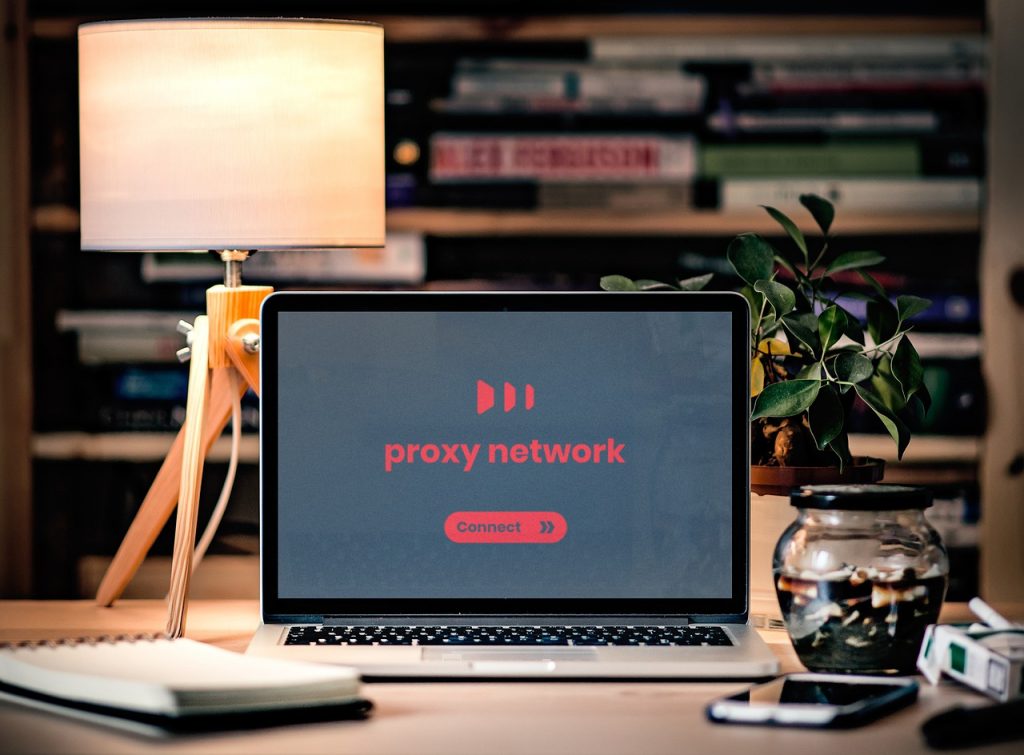Web scraping is awesome. The web has so much useful information that it’s overwhelming to a primitive human mind. Electronic devices that connect us to the internet make us smarter than our ancestors. Still, a drive for improvement helps us uncover unique solutions to satisfy our ambition and outperform our peers. Knowledge is power, but a modern approach to success requires a different skill set when everyone has access to such data.
By analyzing how information traveled in the past, we can emphasize the big fish dominating the markets due to differences in resources. When a dominating party has a firm grasp on its niche, it is near impossible to take its place. Stability and longevity have kept many institutions in a place of power for centuries.
What drives progress today is a much higher level of competition. While we still have our big fish and small players, businesses have greater ambitions due to a fairer resource balance. Everyone has access to public data on the internet. What matters now is efficient collection and analysis.
Web scraping is rarely a priority for today’s businesses. Still, the ones that can build a system that extracts public data and processes it into an understandable format are the ones that get the necessary resources to carve out their place in the market.

The digital business world is a different playing field, where the same rules may not apply. Privacy and anonymity are the necessary states needed for a company to thrive and continue efficient work. Datacenter proxy servers are popular tools that protect network identity to ensure efficient scraping. Smartproxy is a popular provider that offers different and affordable solutions for both businesses and casual web surfers. Check them out if you think you will benefit from a data center proxy.
But human ambition often leads to the misuse of powerful tools that should fuel progress. Big tech companies and other competitors abuse beneficial tools to protect their activity but undermine the privacy of private users and other businesses. In this article, we will discuss the ethical side of data aggregation. While some methods create a better product and make our lives convenient, data collection and its usage often violate our moral principles without our knowledge.
A respectful approach to data collection
Businesses must be ethical not only in the way they use data but also in the way they gather it. While competitors collect data from each other all the time, not everyone does it respectfully.
First, let’s point out the obvious – an unauthorized collection of private user data is illegal. Without legitimate approval from a third party, the extraction of such information is considered a crime.

Because most companies today aggregate public data from other websites, competitors implement protective measures to limit or stop the successful extraction of information. Of course, the same companies use bots to collect data from other businesses, but the limitations may not be as obnoxious as one might think. While it is true that some parties, especially big tech companies, like to hoard data and limit the chances for others to catch up, it is also a strategy to prevent unethical scraping.
When scraping bots send requests to a web server, the load is a bit different from real user traffic. Automated scrapers are much more efficient. To get as much data as possible, unethical scrapers crank up their systems, sending an unreasonable amount of requests with multiple bots at the same time.
You might think, so what if the bot works faster? Isn’t that the whole point? Unfortunately, like a server that experiences an overload of authentic traffic, bots can bombard the website with requests that it might not handle. The protection that stops web scrapers are implemented to prevent Denial of Service (DoS) attacks. Cybercriminals love to overload web servers or other third parties with connection requests to sabotage the system.

Of course, a certain level of protection can be unreasonable. That is why most web scraping operations work in unison with proxy servers. Some scrapers use a data center proxy because it is a much faster choice, but when a higher level of anonymity is requested, data extraction tasks need residential proxies.
But since we are talking about ethics, establishing communication and getting consent can do wonders for your business. While you may never agree with your direct competitor, there are companies with valuable public data and a willingness to share and collaborate. You will encounter businesses that set up an API – direct access to valuable data that eliminates the need for scraping.
So before you start scraping every website with helpful information, make sure that they do not have an API before you slow down the website with automated data extraction. An ethical approach to web scraping will help you establish new partnerships, avoid mistakes, and improve your business in the long run.









